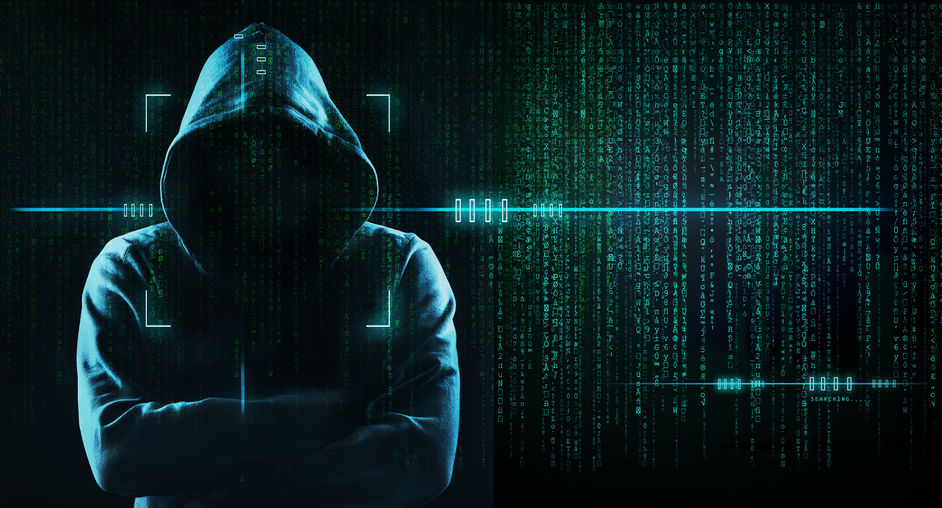The Internet is deeply ingrained in our lives. And how to deny how nice, simple and comfortable it makes our daily tasks.
The big issue is that not only do you make businesses online, lots of criminals have also chosen the online land to settle on and get money through scams.
Scams have different disguises, and there are not only individuals but groups operating a wide variety of frauds. Their target? Everybody. Some look for big fishes. Others don’t mind cheating or extorting small businesses or regular users.
How to protect yourself from a scam?
Facing the fact that you and your online business live at potential risk, the best is to protect yourself. Harm to your finances, identity, intellectual property, reputation, etc., can be tragic. The following security recommendations are useful for protecting both organizations and individuals.
- Keep personal data private. Don’t share or post personal data that can be used to approach you in a familiar way by scammers. Personalized approaches convince better than generic ones.
- Use anti-malware protection. Install efficient software to detect malware. This is a common resource for criminals to get inside computers or smartphones to control the system and steal sensitive data from people and organizations.
- Verify requests for remote access. To have direct access to your files and data is a big temptation for criminals. Scammers impersonate customer support guys to get control. They can do it using the software as well. Don’t click requests without verifying.
- Update software. Keep the operating system (OS) and all software up to date. Remember that old versions can have vulnerabilities, holes for criminals to take advantage of.
- Use virtual private network (VPN). Public networks can mean high-security risks. There is technology available to encrypt your online communication with clients, like a VPN, especially for tasks that require the sending of sensitive data to be processed (money transfers, taxation, etc.).
- Create hard-to-decipher passwords. Said many times, but still, too many people use their birth date, name, or 1,2,3, etc., as a password. We have to reconsider the value of passwords. They are the access to your funds, intellectual property, personal interactions, etc. Too much is at risk not to make a good effort. There is software to do this.
- E-mails and messaging coming from strangers must be taken carefully. Don’t exchange communication with them. Don’t click without checking the files or links attached. To believe naively on every sudden client, contact, e-mail, etc. that offers you millionaire ideas, deals or prizes is too risky. A quick search about sender’s identity on the Internet could help too.
- Identify fake e-mails. Forging is a scammers’ popular resource. Some do it in a very professional way, so it’s harder to recognize they are fake. But still, there are clues not to open the Pandora’s box.
- Check the sender’s e-mail address completely. Trustable companies will use their own domains. If you see a public one, like amazoncustomersupport@hotmail.com, get suspicious. Read body messages identifying possible misspelling, poor language, links or files not related to the message’s main communication, etc.
- Identify fake websites. Forged sites usually are used to obtain people’s sensitive data through spoofing trustable organizations. Always check for the signs that prove legitimacy, such as the SSL certificate (HTTPS, padlock icon).
- Don’t play the hurry game. Scammers urge you to click a link, answer a message, buy something, make a deposit, and confirm your sensitive data immediately! Usually, to stop weird activity on your bank account, not to lose a job opportunity, a special sale, a coupon, a prize, etc. Scammers know if they push you, there are fewer chances for you to think properly and identify the scam.
Suggested article: How to protect my website from hackers?
Conclusion
The Internet is not a place to trust blindly. Establish tech defenses for protection from scams is a great step. But also, the way we behave online is important. Safe habits instead of dangerous practices really make a difference.
